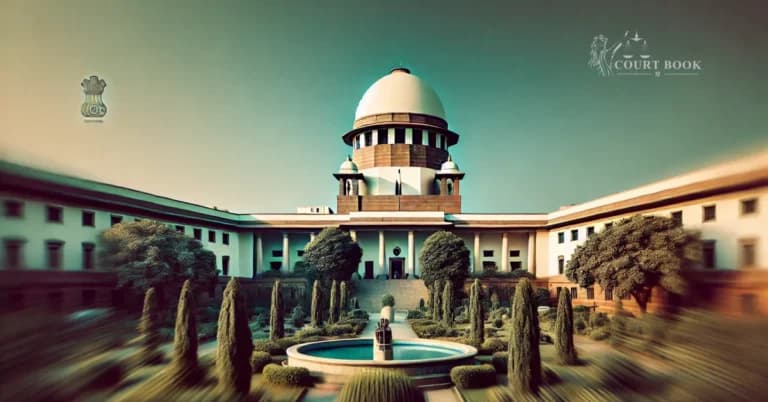The Supreme Court of India, on February 7, ruled that failure to inform an arrested person of the grounds for their arrest violates their fundamental rights under Article 22(1) of the Constitution. The Court stressed that this right must be upheld at all stages of the legal process, including during remand. If a person is arrested without being informed of the reasons, it could justify their release or grant of bail, even if statutory restrictions apply.
"Even if statutory restrictions on grant of bail exist, the statutory restrictions do not affect the power of the court to grant bail when violation of Article 21 and 22 of the Constitution is established." – Supreme Court
A bench comprising Justices Abhay S. Oka and N. Kotiswar Singh delivered separate but concurring judgments, emphasizing the mandatory nature of informing the accused about the reasons for their arrest.
Read Also:- Registry Cannot Delete a Case from Cause List Without Court's Order Supreme Court
Justice Abhay S. Oka highlighted that the manner of informing the accused must be clear and in a language they understand. He stated that this constitutional safeguard is intended to ensure transparency and protect personal liberty.
"The information on grounds of arrest must be provided to the arrested person in such a manner that sufficient knowledge of the basic facts constituting the grounds is imparted. It should be communicated effectively in a language the person understands." – Justice Abhay S. Oka
Justice Oka further ruled that if an arrested person alleges non-compliance with Article 22(1), the burden of proof lies with the investigating officer. Non-compliance with this provision would not only violate the accused's fundamental rights but also invalidate the arrest itself.
"Non-compliance with Article 22(1) will be a violation of the fundamental rights of the accused. Moreover, it will amount to a violation of the right to personal liberty under Article 21 of the Constitution. Therefore, such an arrest will be considered illegal." – Justice Abhay S. Oka
Additionally, he stressed that magistrates must ensure compliance with Article 22(1) when an arrested person is presented for remand.
"When an arrested person is produced before a judicial magistrate for remand, it is the duty of the magistrate to ascertain whether compliance with Article 22(1) and other mandatory safeguards has been made. If a violation is found, the court must immediately order the release of the accused, which forms a valid ground for granting bail." – Justice Abhay S. Oka
Read Also:- Supreme Court: Exemption from Surrender Admissible Only When Petitioner is Sentenced to Imprisonment
Justice N. Kotiswar Singh expanded on the ruling by adding that the failure to comply with Section 50 of the Criminal Procedure Code (CrPC)—which mandates informing the arrested person's relatives or nominated individuals—can also render the arrest invalid.
"Section 50 of the CrPC requires that information regarding the arrest and place of detention must be given to any friend, relative, or nominated person of the accused. This provision ensures that the detained individual has access to legal recourse and is not unlawfully held incommunicado." – Justice N. Kotiswar Singh
He further stated that non-compliance with this provision makes the arrest legally unsustainable.
"Failure to comply with Section 50 not only violates the rights of the accused but also undermines the legal framework ensuring fair treatment in custody. Detaining authorities must strictly abide by this provision; otherwise, the detention may be deemed illegal." – Justice N. Kotiswar Singh
Read Also:- Supreme Court Directs Petitioner to Approach High Court in Contempt Case Over Demolition in Sambhal
Case Background
The Supreme Court's ruling came in response to an appeal by Vihaan Kumar, who had challenged his arrest before the Punjab & Haryana High Court. Kumar alleged that he was not informed of the reasons for his arrest and had sought CCTV footage to support his claims. However, the High Court rejected his writ petition, accepting the state's claim that the arrest procedure followed legal guidelines and that there was no violation of the 24-hour rule.
Kumar was accused of fraud by Games Kraft Technologies’ CEO, leading to his arrest. Dissatisfied with the High Court's decision, he approached the Supreme Court.
After reviewing the case, the Supreme Court found that the arrest violated Article 22(1), as Kumar was not informed of the grounds for his detention. Consequently, the Court overturned the High Court's decision and ordered his immediate release.
Case Title: Vihaan Kumar vs. The State of Haryana and Anr
SLP (Crl) No. 13320/2024














